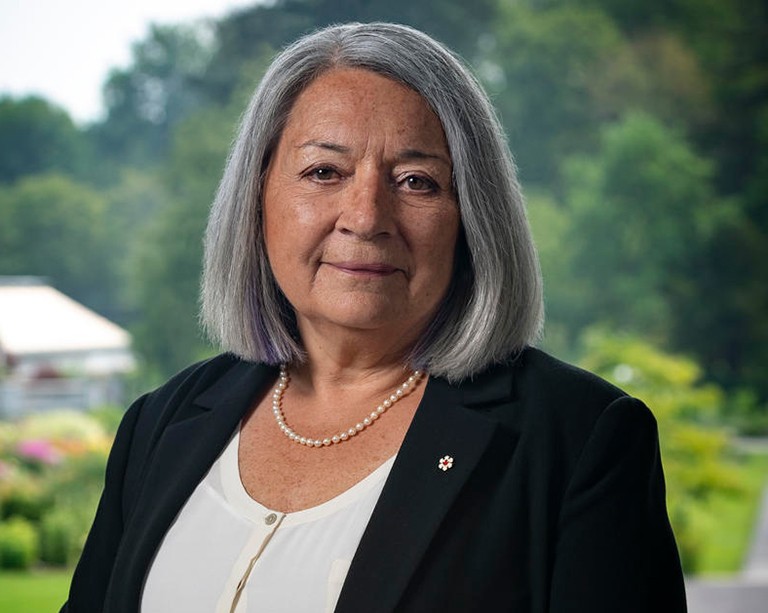Montreal’s Black history archives continue to grow at Concordia’s Vanier Library

Over the past seven years, Alexandra Mills has been sifting through the contents of hundreds upon hundreds of boxes of archives from Montreal’s Black community groups and organizations. As Concordia’s special collections archivist since 2014, she and her colleagues have been cataloguing multiple decades worth of documents and preparing finding aids for researchers and students.
Collections include the archives of the Black Theatre Workshop, the Black Studies Centre and the Negro Community Centre, as well as those of community leaders Graeme Clyke, son of NCC executive director Stanley Clyke, Leon Llewellyn and the recently deceased Dr. Horace Goddard. Processing of the Black Studies Centre fonds is almost completed and it should be available for consultation this fall, while processing for the Goddard collection is ongoing and it should be available for consultation within the year.
“The Library’s Black history holdings are growing all the time,” says Mills. “These are interesting and valuable items for researchers, teachers and classrooms. Many of these documents contain information that is just not available elsewhere or is very hard to find. To be able to make that information available to both academics and the general public is very gratifying.”
 Alexandra Mills, Concordia’s special collections archivist.
Alexandra Mills, Concordia’s special collections archivist.
Unique community, unique opportunity
As an example of the pedagogical potential contained in the archives, Mills points to an undergraduate class she co-developed with Steven High, professor of history in the Faculty of Arts and Science, and Désirée Rochat, a member of Concordia’s Centre for Oral History and Digital Storytelling (COHDS) that centered around the NCC’s archival fonds.
Mills says the fonds reflects the realities that faced Montreal’s Black communities as a whole, and contains records not just of the centre itself, but also of what was happening in the wider world. “You find a lot of documentation related to the NCC’s seminal role in the English-speaking Black community,” she explains. “It was a cradle-to-grave organization.”
“It was a little neighbourhood organization that was actually a window into a lot more,” High adds.
The instructors designed the coursework to encourage independent learning. The students chose a particular box of archives and, for the first four weeks, delved into the thousands of pages to build up their knowledge base. They were assisted by short workshops and scholarly articles to provide critical and historical context. The experience of that first class is the focus of an award-winning paper published in Archivaria, the Journal of the Association of Canadian Archivists.
High, who co-founded the COHDS, says the course was designed specifically for students to develop their own knowledge base that arose out of what they found in the archives.
“They were learning from the bottom up instead of from the top down,” he explains. “Then they shared what they were learning with each other, so they all became experts. That knowledge base grew organically, which is a very different way of producing knowledge than you would normally get at a university.”
The class is not being taught this year, but Mills says the Library’s extensive historical catalogue of the city’s Black anglophone community – centered in Little Burgundy and the Southwest borough – is finally open to the public after a year and a half of limited access due to the COVID-19 pandemic.
“While we were open to three days a week to members of the Concordia community only, external researchers, who make up a large portion of our user group, were left out,” Mills notes. “Now, anyone who would like to consult the material safely, within the COVID-19 health parameters, is welcome. The days when researchers can come in and spend the day in the reading room have come back.”
Read the cited paper: “Telling stories form Montreal’s Negro Community Centre Fonds: The Archives as Community-Engaged Classroom.”


